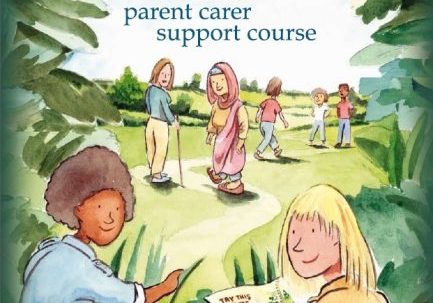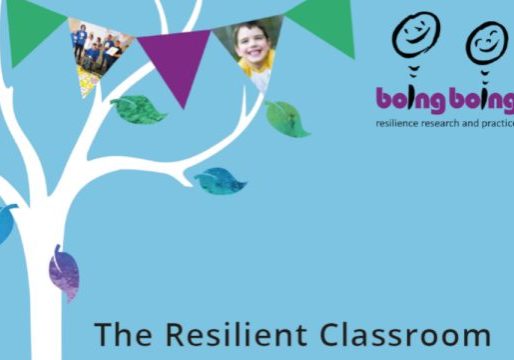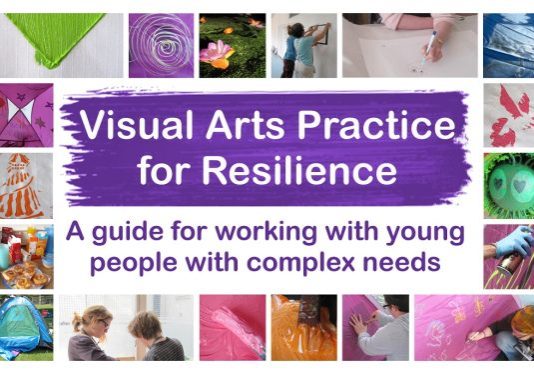Supporting children and young people in their mental health: A guide for East Sussex schools: a resilience-based, whole school approach to promoting positive mental health and addressing individual needs
Utilising the Noble Truths to support work with children and young people on mental health issues
Accepting
When a child or young person is struggling they need to know that they are “accepted” fully for their struggles and not judged. This can be hard if they are managing those struggles in a way that is different to your own way of managing. Through “acceptance” we can try and empathise, step into their experience and be alongside them in their difficulties. Acceptance is also about finding a place where you can accept how you feel about something that you are faced with, and finding someone within your school with whom you can talk that through. Working with sensitive and challenging issues can take its toll and you may feel difficult feelings that are not beneficial for the child or young person to know about, yet equally are valid for you and important to express to someone with whom you feel safe. If all adults in your school are striving to make relationships with students who are struggling, it’s important to have a system for them to also get the support they need.
Commitment
Commitment emphasises the importance of trust, reliability and predictability. With so many demands it can be challenging to maintain the commitment and tough at times. The Resilience Framework highlights the importance of offering long-term commitment in supporting children and young people to overcome the odds. Before entering into a conversation or reaching out to a child or young person, consider whether you are in a position to commit and see the work through. It may be useful to get management acknowledgement of the time and focus that this commitment might involve. Hanging on in there and being consistent will be important to the child or young person and support the trust between you.
Conserving
Conserving supports the taking of positive and negative experiences that the child or young person has experienced and utilising them to the best effect. What has worked well in the past? Notice growth and change in their progress, and understand and embrace the mechanisms that supported that growth and change, in a way that they can use it to their advantage to make resilient decisions in the future.
Enlisting
Enlisting is the idea of not doing this on your own… who else is it worth getting on board to support the work? This needs to be considered carefully and strategically in terms of the benefit to the child or young person, and to ensure they don’t feel overloaded with other professionals or interventions. Enlisting also refers to how you can enlist the different parts of yourself; when do you bring in your fun side, when is the serious side necessary, do you feel able to stretch your comfort zone as a practitioner? Sometimes it is also important to enlist a different approach – if something is not working in a particular way, then how about trying to do it differently! Enlisting can expose us to a range of ideas and opportunities that are of benefit to you as a practitioner and ultimately the child or young person you are supporting.
Full guidance on utilising the Noble Truths
Next, Other considerations



